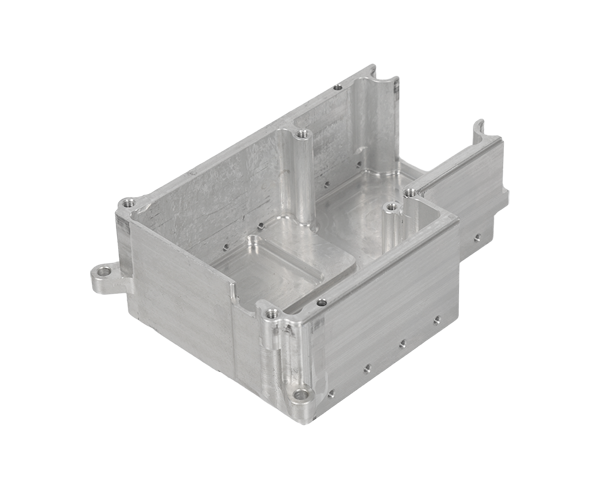2025-07-08 hits:0 source:News

Aluminum alloy die casting is widely regarded for its moderate to good corrosion resistance, making it a popular choice in various industries. The corrosion resistance of aluminum alloys primarily stems from the natural formation of a thin, dense aluminum oxide (Al₂O₃) layer on the surface when exposed to air. This oxide layer is impermeable to oxygen and moisture, acting as a protective barrier that prevents further oxidation of the underlying metal. However, the specific corrosion resistance depends on several factors, including the alloy composition, environmental conditions, and surface treatments applied.
Common aluminum alloys used in die casting, such as ADC12 (AC41A in Japan) and A380, contain elements like silicon and copper. Silicon improves castability but may slightly reduce corrosion resistance, while copper enhances strength but can make the alloy more susceptible to galvanic corrosion in harsh environments. For example, in marine or high-salinity environments, aluminum alloys with higher copper content may experience faster corrosion due to electrochemical reactions. In contrast, alloys with lower copper and higher magnesium content, like A356, tend to offer better resistance to atmospheric and water corrosion.
Surface treatments play a crucial role in enhancing corrosion resistance. Processes such as anodizing, powder coating, or electroplating can significantly extend the service life of aluminum die castings. Anodizing thickens the natural oxide layer, providing better protection against abrasion and corrosion. Powder coating adds an additional polymeric layer that shields the metal from direct contact with corrosive agents. Without proper surface treatment, aluminum die castings may exhibit signs of corrosion over time, such as white powdery deposits (aluminum oxide) or pitting in severe cases.
In summary, aluminum alloy die casting offers inherent corrosion resistance due to its protective oxide layer, but its performance varies with alloy composition and environmental exposure. With appropriate alloy selection and surface treatments, it can withstand most industrial and commercial environments, making it suitable for applications in automotive components, electronics, and architectural fixtures.
Read recommendations:
aluminium window frame extrusions
How to solve the problem of casting cracking in die-casting factories
lf you have any questions or comments, you can leave us a message and we will reply to you as soon as possible
